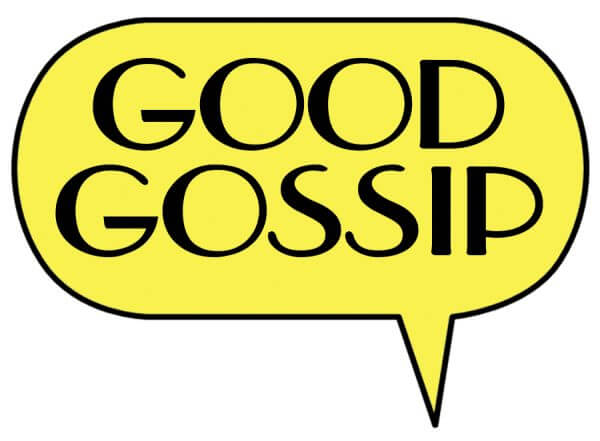Identify what someone is feeling
so you can match your words to their feelings.
Example #1: Employee Feeling Her Supervisor Is On Her Neck
James Autry once had an employee confess to him that she had “cast a spell” on the art director. Autry laughed and asked:
“What kind of spell?”
The employee responded:
“I don’t know exactly, but last night at midnight I went to his office and burned some incense and cast a spell to get him off my neck.”
The employee and the art director had separate views about story illustrations and photographs. Autry matched his words to the employee’s feelings:
“Well, I just can’t allow this. I can’t have an art director under some sort of spell. You’ll have to remove it, and we’ll figure out some other way to get him off your neck.”
To prevent future spells, Autry became more responsive and did more to mediate the differences, thus getting the art director off the employee’s neck.
Note
James Autry needed to maintain control and set a standard for the employee’s future behavior. But he kept control and set the standard while matching his words to the employee’s feelings. Therefore, the employee was willing to cooperate with Autry in ways that benefited everyone involved and improved productivity.
Love & Profit: The Art of Caring Leadership
James A. Autry
1991, pages 169-71
Example #2: Employee Feeling Unfairly Blocked
In the year 2000, I had a temporary job with the U.S. Bureau of the Census for the decennial national count of the U.S. population. Everyone who wanted one of the many temporary local jobs took a test. The census bureau then hired the people with the highest scores and the most availability. A high score and able to work 40 hours a week? You’re hired!
Temporary employees hired to staff the regional offices all started out as clerks. Management in each office then promoted a few people to various positions. My manager promoted me to payroll supervisor in the regional office for my area.
After a few weeks, one of my coworkers came to me in private. She warned me to never be alone with Fitzgerald because she was certain he would attack me if given a chance. Fitzgerald was still a clerk. For some reason, Fitzgerald decided that I had purposefully blocked him from being promoted. I have no idea how he came to that conclusion since I had no power to make any decisions about who did what in the office. I went to my boss, Terry Bauer.
I didn’t hear what Terry said, but I know he matched his words to Fitzgerald’s feelings. I know, because he gave Fitzgerald the feeling of being promoted. It was an emotional promotion that ended all of Fitzgerald’s anger.
This example is the subject of Lesson #30 in the Career Advancement Up / Career Backlash Down course. I use it as an example for creating an invitation plan that prevents workplace violence.
Example #3: Employees Feeling Recognition They Want
Match your words of recognition to the way employees want to be recognized.
“Offering a Shoutout for Low-Key Recognition”
Kris Dunn
Workforce July 25, 2017
“A Real-World Guide to Employee Recognition”
PerformYard
No Date
© Paula M. Kramer, 2021 to the present
All rights reserved.

